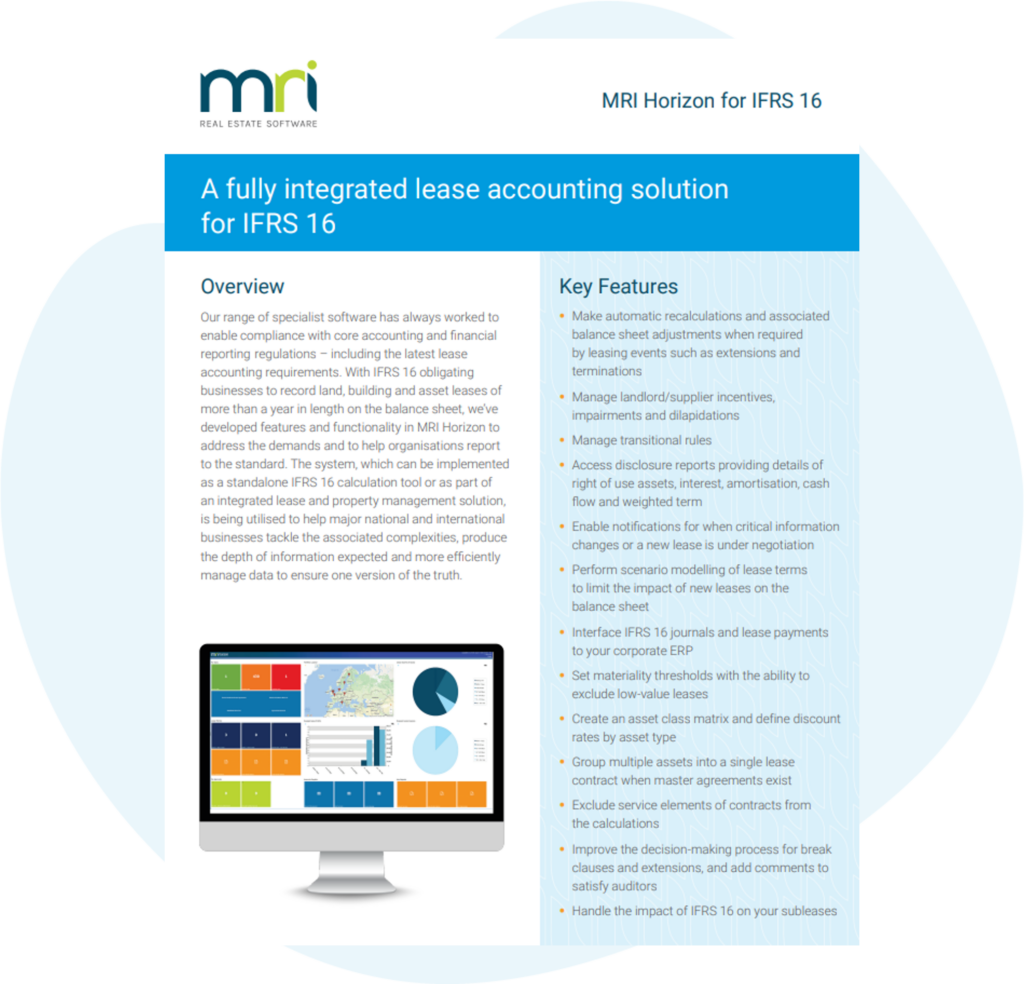3 ways to strategically accept credit card for commercial real estate
This article was written by Chad Nicholson, Enterprise Account Executive at VersaPay. He is an established expert in Commercial Real Estate accounts receivable, helping CRE organizations across North America better manage their AR and serve their tenants.
Each week, I speak to several accounting, collections and lease administration professionals in the property management and commercial real estate space. In all of those conversations, there is one question that I will always be sure to ask: Do you accept credit card for commercial real estate? The answer usually falls on the spectrum of a ‘yes, but…’ to a resounding ‘no’.
Many landlords and property managers are wary of accepting credit card for commercial real estate for one primary reason: It’s too expensive. In their view, there’s little to no point in paying transaction fees on credit cards when tenants pay via check or ACH. Both are, in theory, low-cost methods to accept payment, but when you break down the numbers, the logic doesn’t hold up.
How much does it really cost to process a check? Lockbox fees, bounced checks, chasing short payments, “checks in the mail” delays and labor intensive cash application are just the start of the problems. Many tenants want to pay with credit card for commercial real estate, but by not accepting them, you may be missing out on providing a satisfactory tenant experience. “Sorry, we don’t take credit card,” might seem wise now, but it might just cost you in the long run.
So how do you reconcile the desire to be cost effective with the need to provide a great payment experience for your tenants? Let’s think about this strategically. It’s important not to think about credit card acceptance as a line item cost and instead, view it as the strategic tool it is. By tailoring credit card acceptance rules across your organization, you can steer behavior and affect key payment metrics, including speed of payment. Below are three ways you may consider accepting credit card to create a better tenant experience while helping you manage fees and maximize profits faster.
1. Limit the transaction size and timing
Create an “offer” or deal that allows you to accept credit card if the tenant pays within five days and the transaction is $5,000 or less, for example. This would incentivize tenants to pay their rent earlier and it also gives you control over the fees.
2. Accept credit card through means of “AutoPay”
For tenants whose primary goal is to pay rent on time with limited staff interaction, give them the ability to pay with credit card if they agree to switch to an “AutoPay” program. This limits many of the payment risks associated with short-term tenants. It helps you get paid on time and it also saves you the effort previously required to chase down tenants who are high touch on collection but represent low revenue.
3. Pass on the fees
Pass the fees on to the tenant by charging a convenience fee. With this option, you eliminate incremental costs while still providing the functionality to those tenants who really want it. Although charging the tenant more money may seem counterintuitive to providing a better tenant experience, you might be surprised at how many tenants would prefer this option in the long run. As most credit cards come with points or cash-back offers, this option allows you to collect rent faster while your tenants earn a trip to Hawaii – win/win.
Commercial real estate companies are using credit card acceptance as a tool to enhance the tenant payment experience and improve ADP (average days to payment). By enabling a secure PCI compliant tenant portal and adding sophistication around credit card acceptance, you can gain control over costs and provide tenants the experience they likely won’t forget.
Visit the VersaPay website to learn more.
A fully integrated lease accounting solution
for IFRS 16
In today’s dynamic financial landscape, achieving compliance with evolving accounting and reporting regulations is more critical than ever. MRI stands at the forefront of facilitating this compliance, particularly in light of the demands set fo…
